Nestled in the heart of South Africa’s Limpopo province, the Moholoholo Rehabilitation Centre stands as a beacon of hope for the region’s wildlife. This remarkable facility dedicates itself to the rescue, rehabilitation, and eventual reintroduction of injured, abandoned, or poisoned animals back into their natural habitats. Through its comprehensive veterinary care and innovative behavior modification programs, Moholoholo not only saves individual creatures but also plays a crucial role in the broader conservation efforts that aim to protect the country’s precious ecosystems. What secrets lie within the walls of this wildlife haven, and how do its dedicated staff members work tirelessly to make a difference? The answers may surprise you.
Good To Know
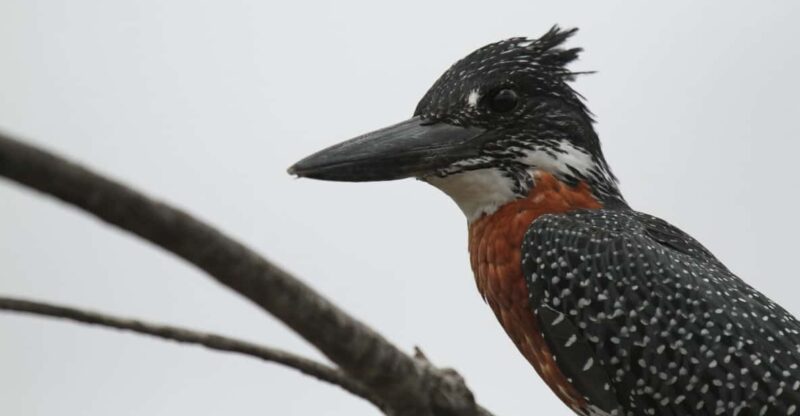
- Moholoholo Rehabilitation Centre is a wildlife care facility in South Africa that focuses on rehabilitating injured, abandoned, or poisoned animals.
- The centre provides permanent homes for non-rehabilitatable animals and emphasizes conservation education to raise awareness about wildlife challenges.
- The centre offers comprehensive veterinary care, habitat preparation, and behavior modification to help injured wildlife recover and reintegrate into their natural environments.
- Guided tours at the centre provide opportunities for visitors to observe and learn about wildlife rehabilitation efforts and the importance of conservation.
- The centre’s educational programs and conservation initiatives play a vital role in preserving South Africa’s diverse ecosystem and inspiring environmental stewardship.
About the Centre
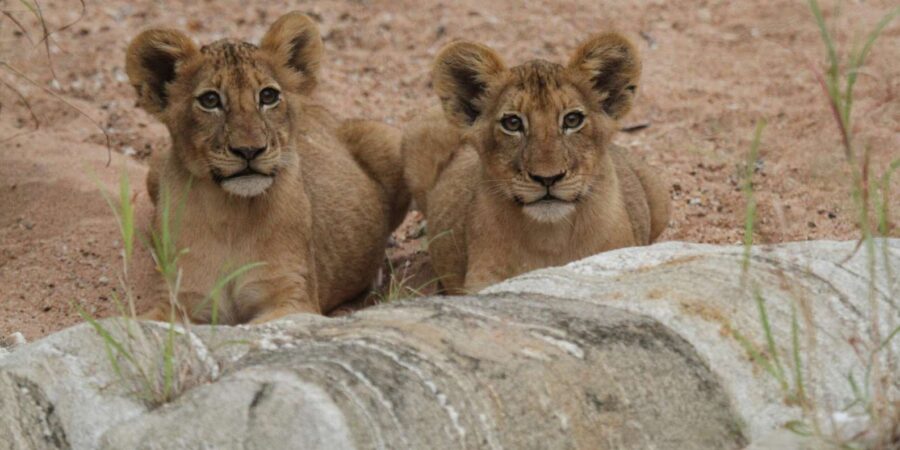
Moholoholo Rehabilitation Centre was established to care for wildlife in need. It offers rehabilitation for injured, abandoned, or poisoned animals and provides permanent homes for those that can’t be rehabilitated.
The centre focuses on conservation education, teaching visitors about the challenges facing wildlife and the importance of protecting them.
Whether an animal needs medical treatment or a safe haven, Moholoholo’s dedicated staff work tirelessly to nurse them back to health or give them a comfortable life in captivity.
Through their efforts, the centre plays a vital role in preserving South Africa’s diverse ecosystem and inspiring others to support wildlife conservation.
You can also read our reviews of more tours and experiences in Hoedspruit.
Rehabilitation Efforts
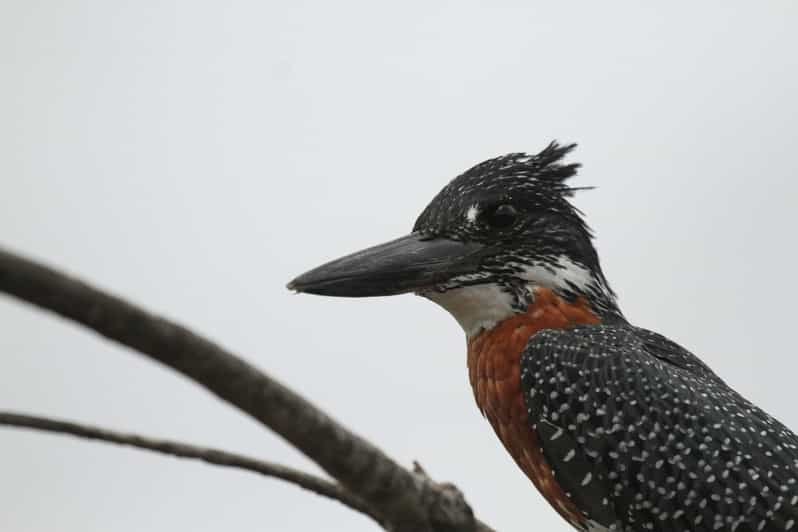
The rehabilitation efforts at Moholoholo Rehabilitation Centre are extensive and tailored to the unique needs of each animal. The centre provides specialized care and treatment for injured, abandoned, or poisoned wildlife. Using a comprehensive approach, the team works to rehabilitate and release animals back into the wild whenever possible. For non-releasable animals, the centre offers permanent homes and safe sanctuaries. The table below outlines the key rehabilitation services offered:
| Service | Description |
|---|---|
| Veterinary Care | Comprehensive medical treatment and rehabilitation |
| Habitat Preparation | Gradual reintroduction to natural environments |
| Behavior Modification | Restoring natural instincts and social skills |
| Release Planning | Careful monitoring and release logistics |
| Post-Release Support | Ongoing monitoring and intervention as needed |
Educational Programs
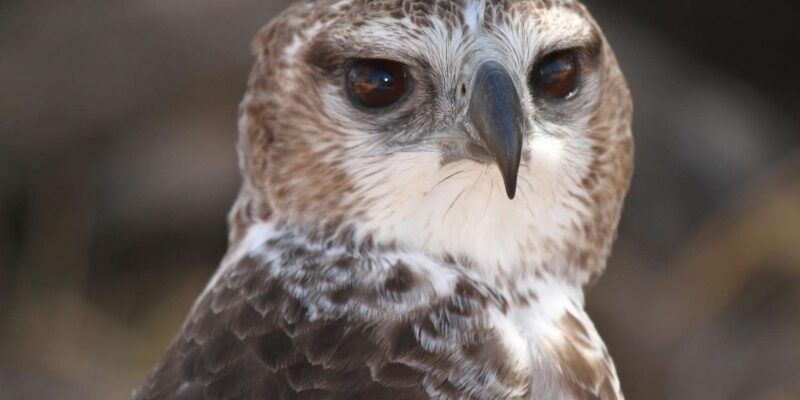
At the heart of Moholoholo Rehabilitation Centre’s mission lies a strong emphasis on conservation education.
The guided tours provide visitors with a unique opportunity to observe and learn about the challenges faced by injured, abandoned, or poisoned animals. The knowledgeable tour guides share insightful information, fostering a deeper understanding of wildlife rehabilitation efforts and the importance of conservation.
Through interactive experiences and educational programs, the centre aims to inspire visitors to become active stewards of the environment.
Guided Tour Details
Visitors to the Moholoholo Rehabilitation Centre can embark on a guided tour that offers a captivating and immersive experience.
The 4-hour tour includes a 1.5-hour guided component, led by knowledgeable English-speaking guides. The tour group size is limited to 10 participants, ensuring a more personalized experience.
Key highlights include:
- Up-close observation of the rehabilitated animals
- Educational insights into conservation challenges
- A unique perspective on wildlife rehabilitation
- Convenient pickup and drop-off at the designated departure point.
The tour is priced from $37.31 per person and offers flexible booking and free cancellation policies, making it an accessible and hassle-free option for visitors.
More Great Tours NearbyVisitor Information
Preparing for a visit to the Moholoholo Rehabilitation Centre is straightforward.
Visitors should bring their passport or ID, as well as sun protection like sunglasses, a hat, and sunscreen. A warm jacket is recommended for winter visits, while a rain jacket may be needed in the summer. It’s also important to wear closed-toe shoes.
The centre has received an impressive overall rating of 4.5 out of 5 based on reviews, with visitors praising the knowledgeable guides and the overall experience.
With a flexible booking policy and free cancellation up to 24 hours in advance, planning a trip to the rehabilitation centre is both convenient and hassle-free.
Wildlife Encounters
The heart of the Moholoholo Rehabilitation Centre experience lies in the wildlife encounters. Visitors are treated to up-close observations of the centre’s rescued animals, gaining unique insights into the rehabilitation process.
The tour highlights include:
- Observing the animals’ behaviors and interactions
- Learning about the conservation challenges they face
- Appreciating the dedication of the centre’s staff in caring for these creatures
- Witnessing the remarkable progress of the animals as they recover and potentially return to the wild
These immersive encounters provide a powerful perspective on the vital role of wildlife rehabilitation in preserving the delicate balance of the ecosystem.
Conservation Impact
Moholoholo Rehabilitation Centre’s impact on conservation extends far beyond its walls, inspiring visitors to become active stewards of the natural world.
Through its educational tours, the centre raises awareness about the threats facing wildlife and the importance of habitat preservation. Visitors gain a deeper understanding of the rehabilitation process and the challenges animals face, leaving with a newfound appreciation for conservation efforts.
The centre’s work in caring for injured and abandoned animals also contributes directly to population recovery, ensuring the long-term survival of vulnerable species.
Frequently Asked Questions

What Are the Centre’s Operating Hours?
The centre’s operating hours are not explicitly stated in the provided information. However, as it offers guided tours, it’s likely the centre operates during standard business hours to accommodate visitor access.
Are Photography and Videography Permitted?
Photography and videography are generally permitted at the center, though visitors are advised to avoid disturbing the animals. Guests should consult with tour guides for any specific guidelines or restrictions on capturing images and footage during their visit.
Can Visitors Bring Their Own Food and Drinks?
Visitors are welcome to bring their own food and drinks to the rehabilitation center. However, it’s recommended to avoid consuming food around the animal enclosures to maintain the wildlife’s well-being and minimize disturbance during the tour.
How Frequently Are the Guided Tours Conducted?
The guided tours at the Moholoholo Rehabilitation Centre are conducted regularly, with multiple tours offered throughout the day to accommodate visitors. The specific tour schedule may vary, so it’s best to check the centre’s website or contact them for the current tour times.
Is the Centre Wheelchair Accessible?
The centre is wheelchair accessible, with ramps and designated parking available. Visitors with mobility challenges can fully participate in the guided tours and observe the animals up close.
The Sum Up
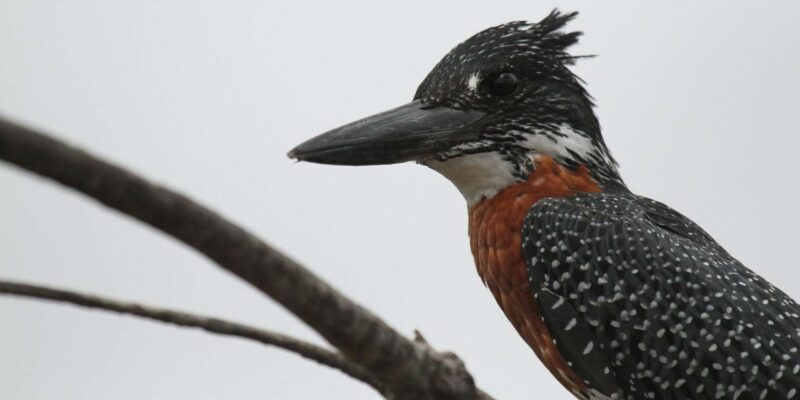
Moholoholo Rehabilitation Centre is a vital hub for wildlife conservation in South Africa. By providing exceptional veterinary care and rehabilitation programs, the centre prepares injured animals for successful reintroduction into their natural habitats. Through educational initiatives and guided tours, visitors gain a deeper appreciation for the importance of environmental stewardship, inspiring them to support ongoing efforts to protect vulnerable species and their ecosystems.
You can check availability for your dates here:More Tour Reviews in Hoedspruit
Not for you? Here's more nearby things to do in Hoedspruit we have reviewed
- Kruger Park Scheduled Full day Safari Drive from Hoedspruit
- Hoedspruit to Johannesburg Shuttle
- From Hoedspruit: Blyde River Canyon Guided Day Trip
- Panorama Route
- Hoedspruit to Johannesburg Private Shuttle
- Hoedspruit Transfer, Transfer Service Hoedspruit
- 2 Best Tours In Hoedspruit
- 4 Best National Park Tours In Hoedspruit
- 7 Best Private Drivers In Hoedspruit
- 13 Best Safari Tours In Hoedspruit
- 2 Best Dining Experiences In Hoedspruit
- 2 Best Dinner Experiences In Hoedspruit
